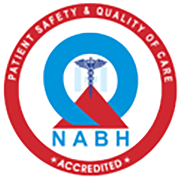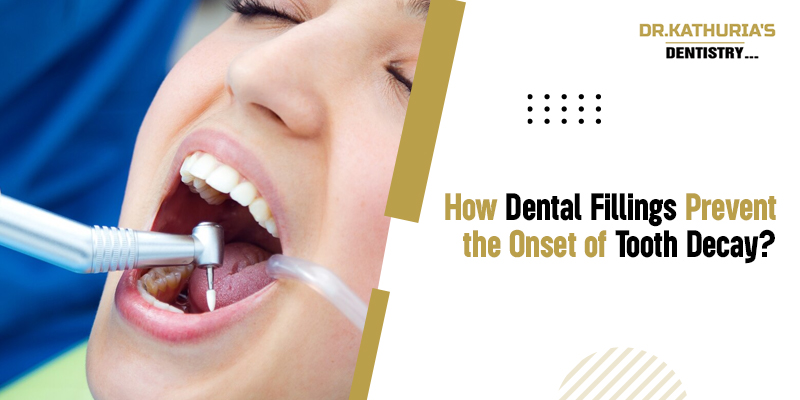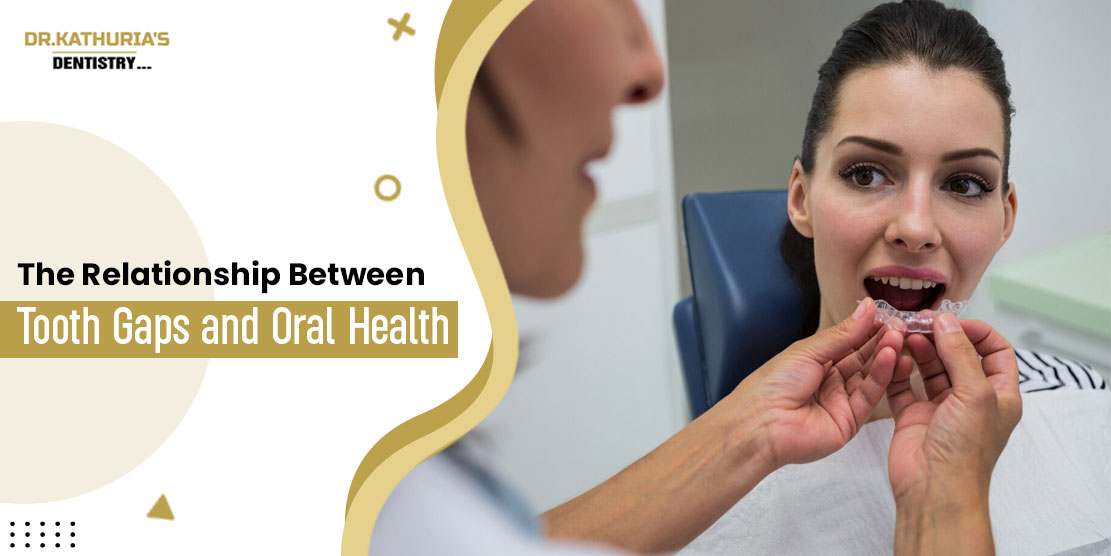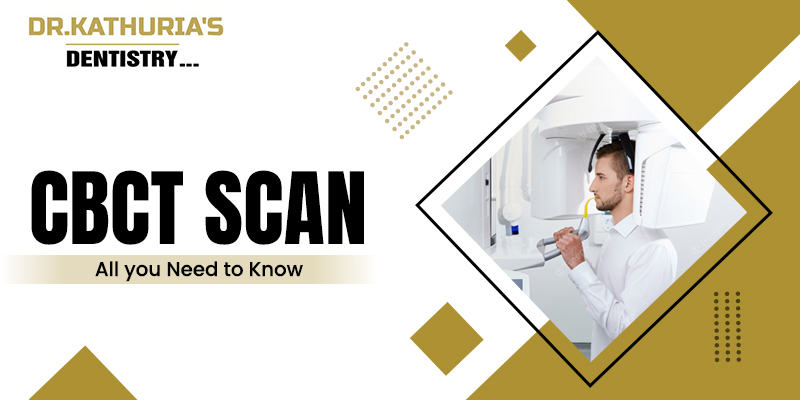A healthy smile is a reflection of overall well-being and vitality. Tooth decay, an all-too-common dental woe, can wreak havoc on our smiles if left unchecked. However, thanks to modern dentistry and the marvel of dental fillings, we have a powerful tool in the fight against decay. These tools can prevent the spread of tooth decay and more invasive procedures in the future. Dental filling materials are also used for gap closure treatment in Delhi. This article shall delve into the pivotal role of dental fillings in preventing the onset and progression of tooth decay and their supporting role in cosmetic procedures.
What Causes Tooth Decay?
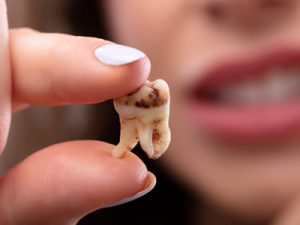
Tooth decay, often triggered by plaque buildup, occurs when bacteria feast on sugars from our diet, producing acids that gradually erode the tooth enamel. Over time, this erosion leads to cavities, causing pain, sensitivity, and potential tooth loss if untreated.
Dental Fillings – The Super Heroes Preventing Tooth Decay
Dental Fillings are restorative materials that are used to repair and restore teeth that have been damaged by decay or cavities. These fillings act as guardians, halting the progression of decay and restoring the tooth’s function, shape and structure. Dental Fillings come in different materials, such as amalgam, composite, and ceramic. Each has its advantages related to durability, aesthetics and stain resistance. The best cosmetic dentists in Delhi assess each case individually to determine the most suitable one.
How do Dental Fillings work?
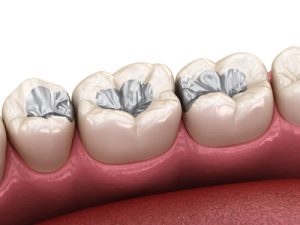
- Halt Decay Progression- When a cavity is detected, the decayed portion of the tooth is removed, leaving behind a void. Dental fillings are used to fill this vacant part, preventing further decay by sealing off the area and blocking bacterial entry.
- Restoration of Tooth Structure- Fillings restore the integrity and strength of the tooth, preventing further deterioration. This restoration allows for normal chewing function without the discomfort associated with cavities.
- Protection Against Sensitivity- By covering the exposed nerves within the tooth, fillings help alleviate sensitivity caused by decay, enabling individuals to enjoy their favourite foods without discomfort.
- Gap Closures- Gap closure treatment in Delhi sometimes involves dental fillings to fill small gaps or minor irregularities between teeth before applying veneers or doing composite bonding.
The Process of Placing a Dental Filling Involves the Following Steps:
- Removing Decay- Using a local anaesthetic, the dentist first numbs the area around the affected tooth. Then, they remove the decayed portion of the tooth using a drill or other dental instruments.
- Cleaning and Preparation- Once the decay is removed, the dentist cleans the area thoroughly to ensure no debris or bacteria remain. The tooth is then prepared for the placement of the filling.
- Filling Placement- The filling material is placed into the prepared cavity, filling the space where the decayed portion of the tooth once existed. The filling material is shaped and moulded to match the natural contours of the tooth.
- Finishing- After placing the filling, the dentist checks the bite to ensure it aligns correctly with the opposing tooth. Any excess material is trimmed, and the filling is polished for a smooth surface.
Embrace a Decay-Free Healthy Smile at Dr. Kathuria’s Dentistry
Dental fillings play a crucial role in preventing the escalation of tooth decay. However, getting them done at a reliable dental clinic is paramount. Dr Kathuria’s Dentistry, a well-established and trusted name in the dental field and renowned as the best cosmetic dentist in Delhi, offers effective dental filling procedures. Our team of dental professionals is adept at handling dental procedures with precision and care. Get yourself a healthy, cavity-free smile today!
 Australia No
Australia No Canada No
Canada No India Toll Free No
India Toll Free No UK No
UK No USA No
USA No



